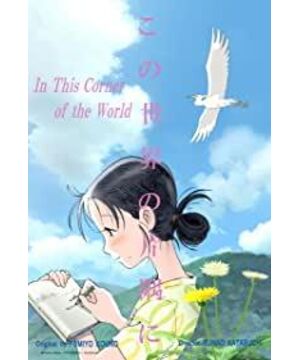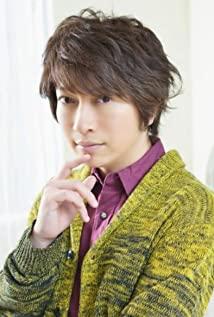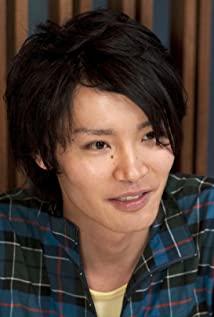After watching "In This Corner of the World", I immediately revisited Dazai Osamu's "Twilight", and as expected, I had a more concrete imagination. Because the two works also describe the hard life of civilians who did not stop the Japanese bombing at the end of World War II, the same theme, the same delicate interpersonal relationship and psychological depiction, and even the family structure is very similar. Another thing to notice is that the film never shows a frontal shot of a tragic explosion, either a distant view or a house burned down after the air raid, and the bomb from the air raid seems to be watercolor in Suzu’s eyes, which is a post-impressionist painting. The explosions encountered by Xingxing and Ling were also treated with freehand brushwork. This makes the whole film always maintain a kind of peace, as if separated by layers of veil, showing only the pain that each individual, the family sees from the first perspective, earning a living. It's very similar to what Twilight showed.
In the movie, the moment of Suzu's unwillingness after the surrender of the Emperor Radio still made me a little disgusted. After all, in comparison, what the common people in China suffered at that time was not just the burning of houses. Of course I soon realized that suffering should not be compared. In Ling's worldview, she just grieved the harm that the war had brought to her and her family, and in the end it didn't make any sense. Ling's character changed from being innocent at first, loving painting, being virtuous and honest after marrying into the Hojo family, and wanting to go home after she lost her right hand after being injured by an explosion, to choosing to stay in Wu City on her own initiative, she has grown a lot and gradually became more assertive. , but has remained kind and optimistic. The elder sister also took the initiative to help her wash rice and sew clothes from the beginning of contempt to let her follow her heart. At the same time, it can be seen that Japan at that time still followed a very traditional view of the family. Women of marriage age are nothing more than labor force sold to their husband's family, and no one cares about their own wishes.
View more about In This Corner of the World reviews











